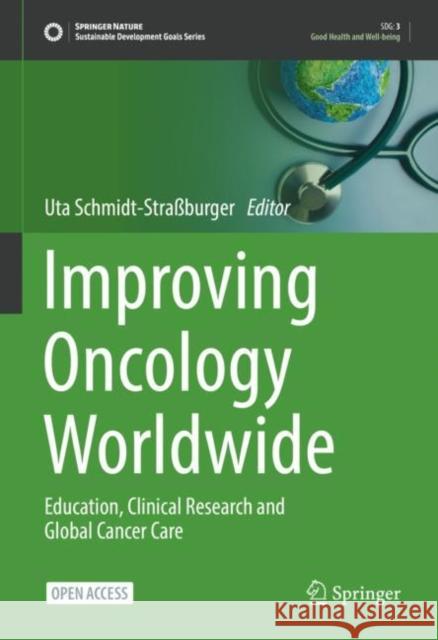Improving Oncology Worldwide: Education, Clinical Research and Global Cancer Care » książka
topmenu
Improving Oncology Worldwide: Education, Clinical Research and Global Cancer Care
ISBN-13: 9783030960520 / Angielski / Twarda / 2022
Improving Oncology Worldwide: Education, Clinical Research and Global Cancer Care
ISBN-13: 9783030960520 / Angielski / Twarda / 2022
cena 201,72 zł
(netto: 192,11 VAT: 5%)
Najniższa cena z 30 dni: 192,74 zł
(netto: 192,11 VAT: 5%)
Najniższa cena z 30 dni: 192,74 zł
Termin realizacji zamówienia:
ok. 22 dni roboczych
Bez gwarancji dostawy przed świętami
ok. 22 dni roboczych
Bez gwarancji dostawy przed świętami
Darmowa dostawa!
This open access book describes strategies and experiences of highly skilled professionals in improving oncology care worldwide.
The book is structured into three main sections with several chapters each, reflecting the authors' individual, real-life experiences. It explores ways to improve oncology education and scientific training, how to set up and run a clinical research facility ethically and efficiently in low- and middle-income settings, addressing the challenges that the workforce encounters in the real world. The main challenges of today’s oncologists seem to be the ever-growing patient care and administrative workload and the risk of burn-out. What are the best strategies to maintain a healthy work-life for the benefit of the patients, the physicians and society, taking into account the different needs, depending on factors like peace, social and gender equality?This book addresses oncologists all over the world and their allies throughout the associated industries to highlight the importance of shared and sustainable education, clinical research and global cancer care.











